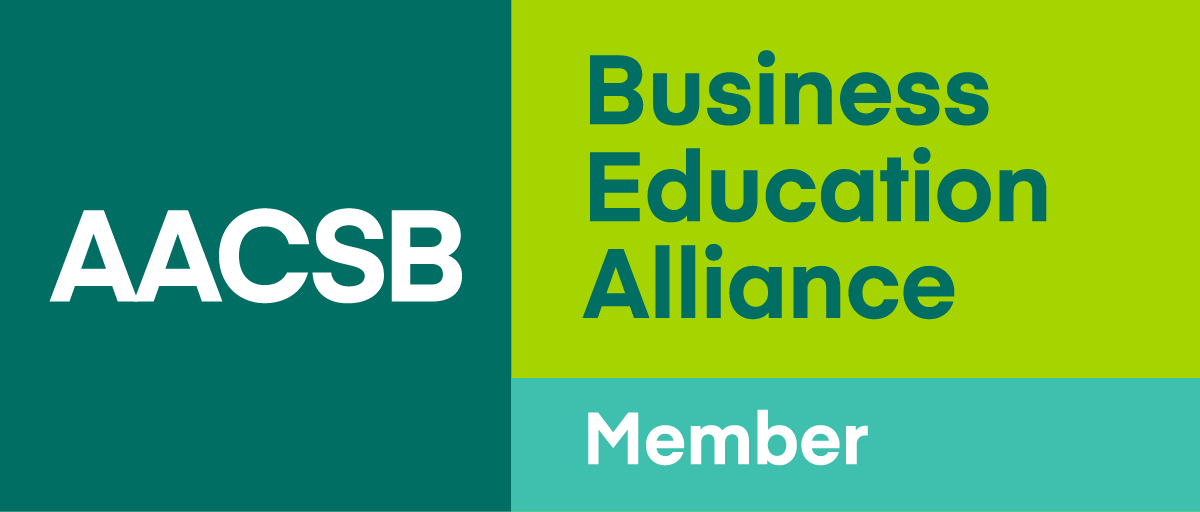[Career] Exploring ASEAN’s Emerging Entrepreneurship Landscape: Reading University Malaysia Campus Professor Shares Insights on Innovation and Global Trade Wars
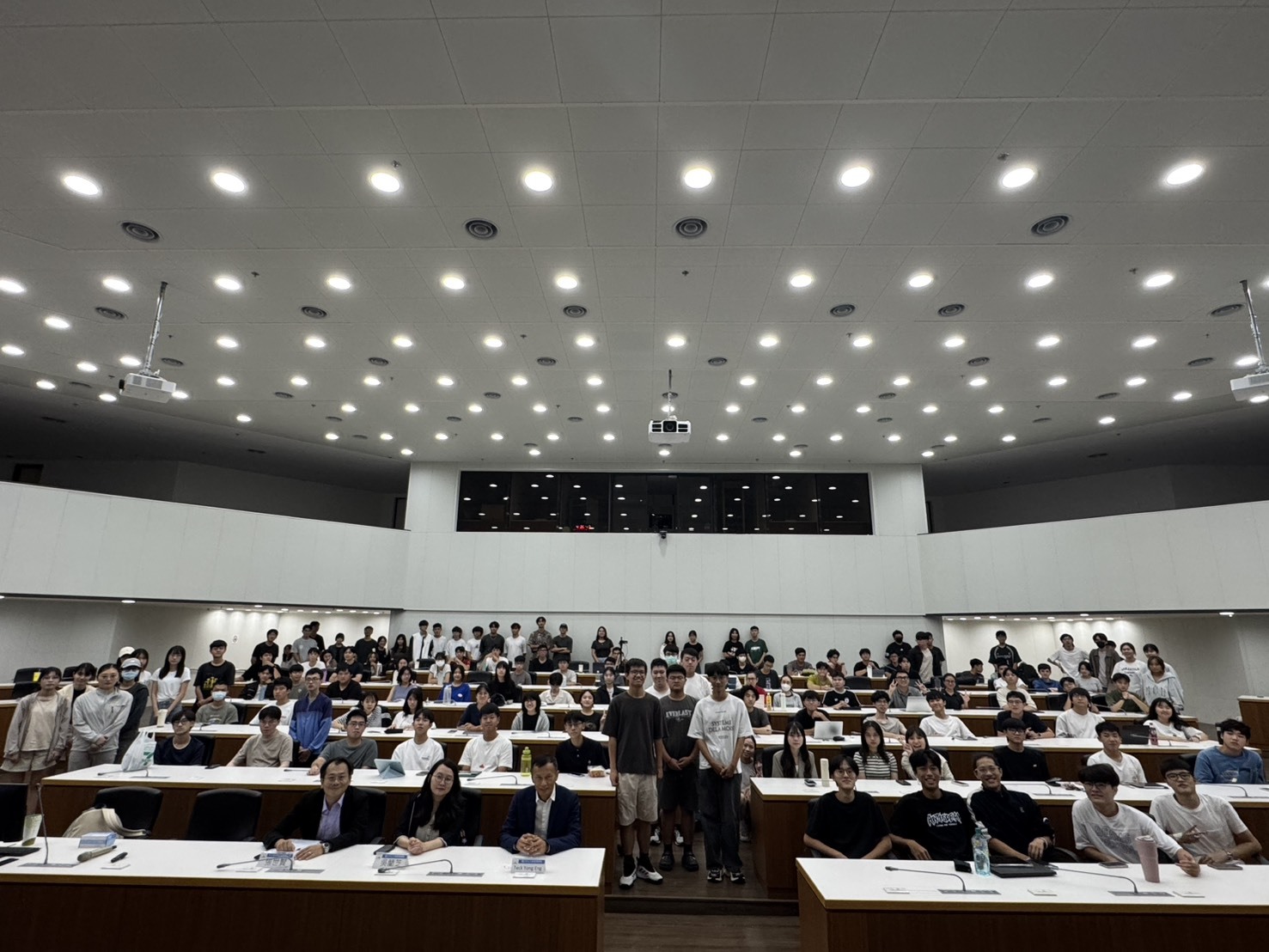
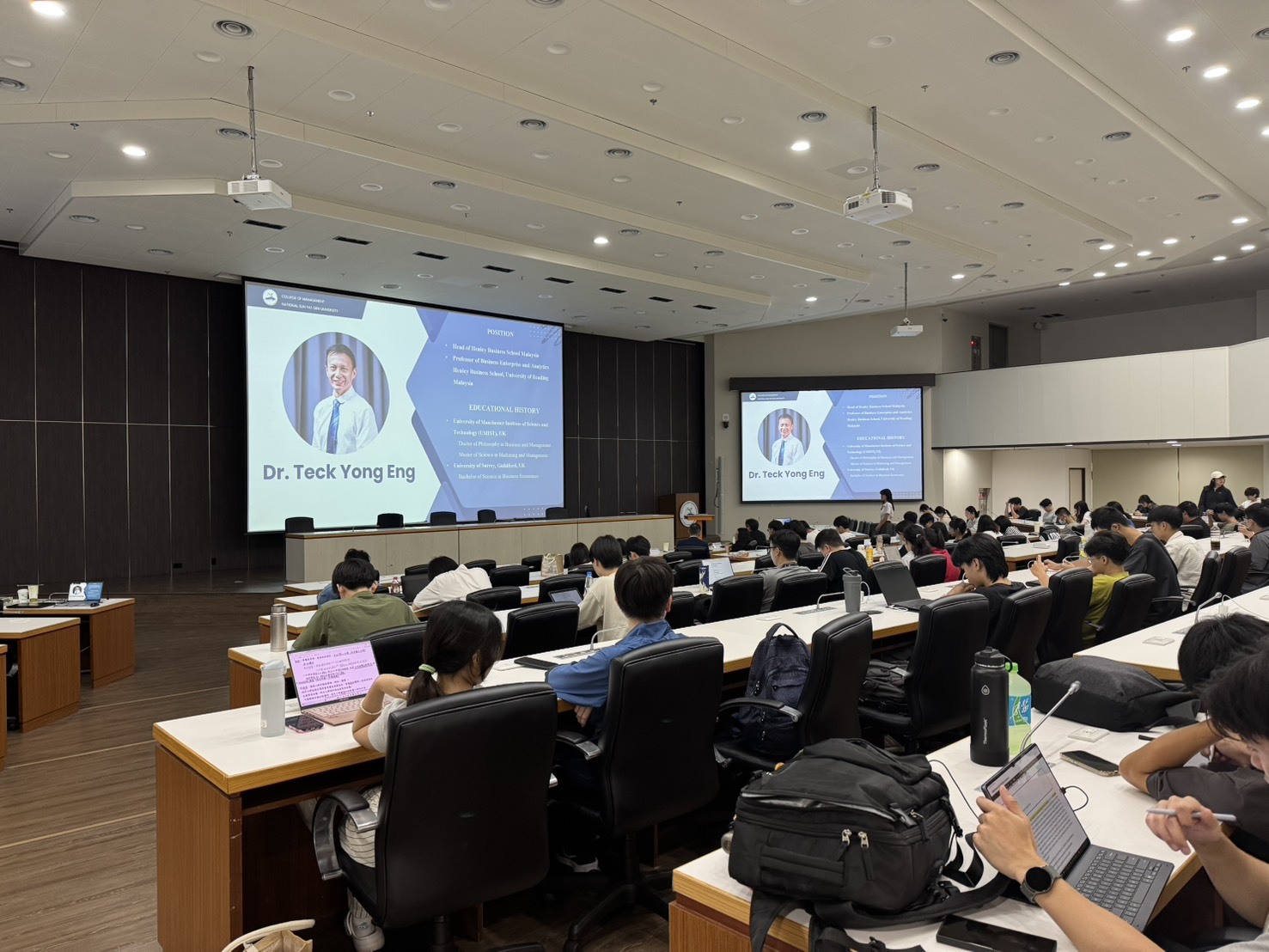
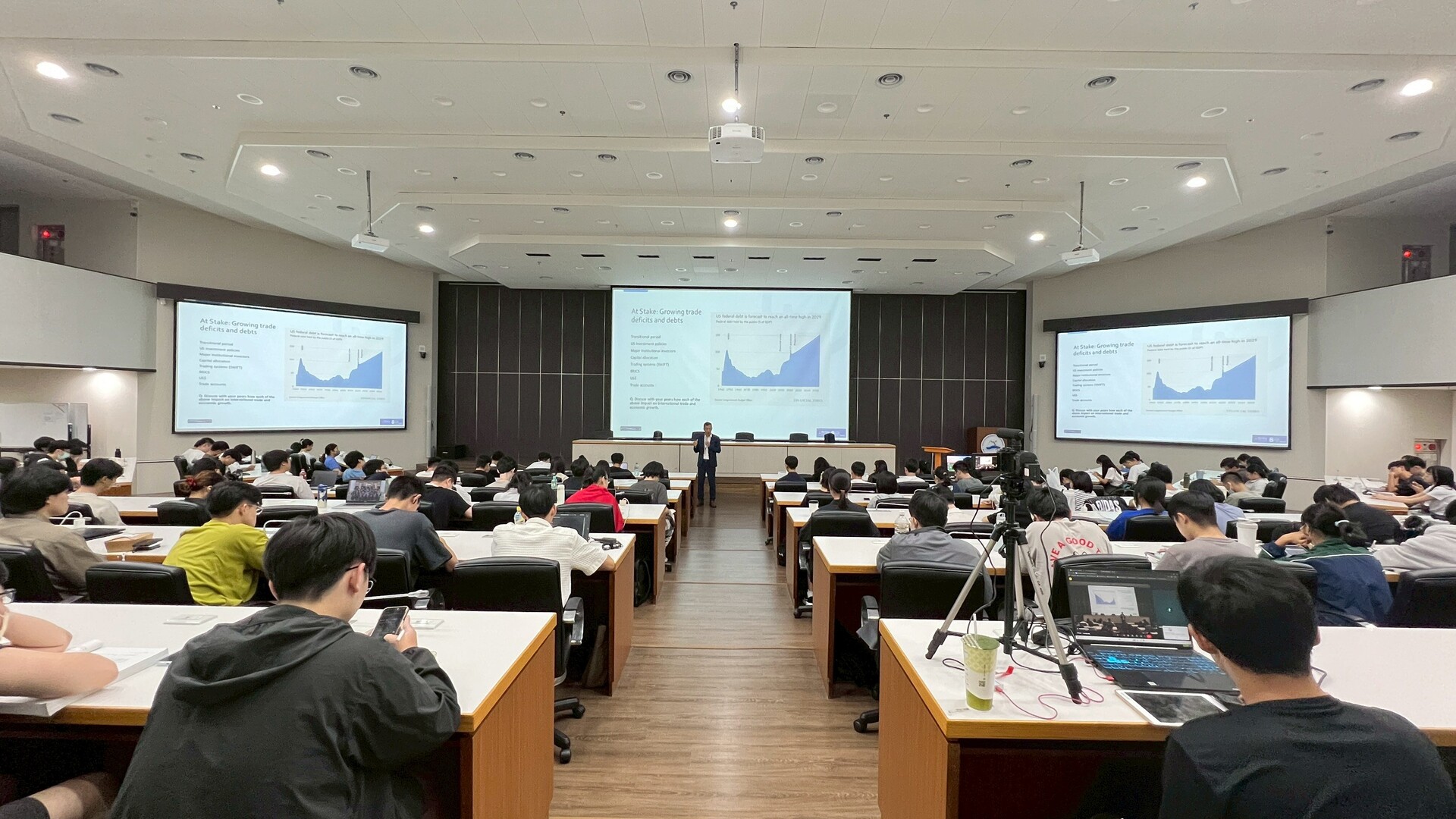
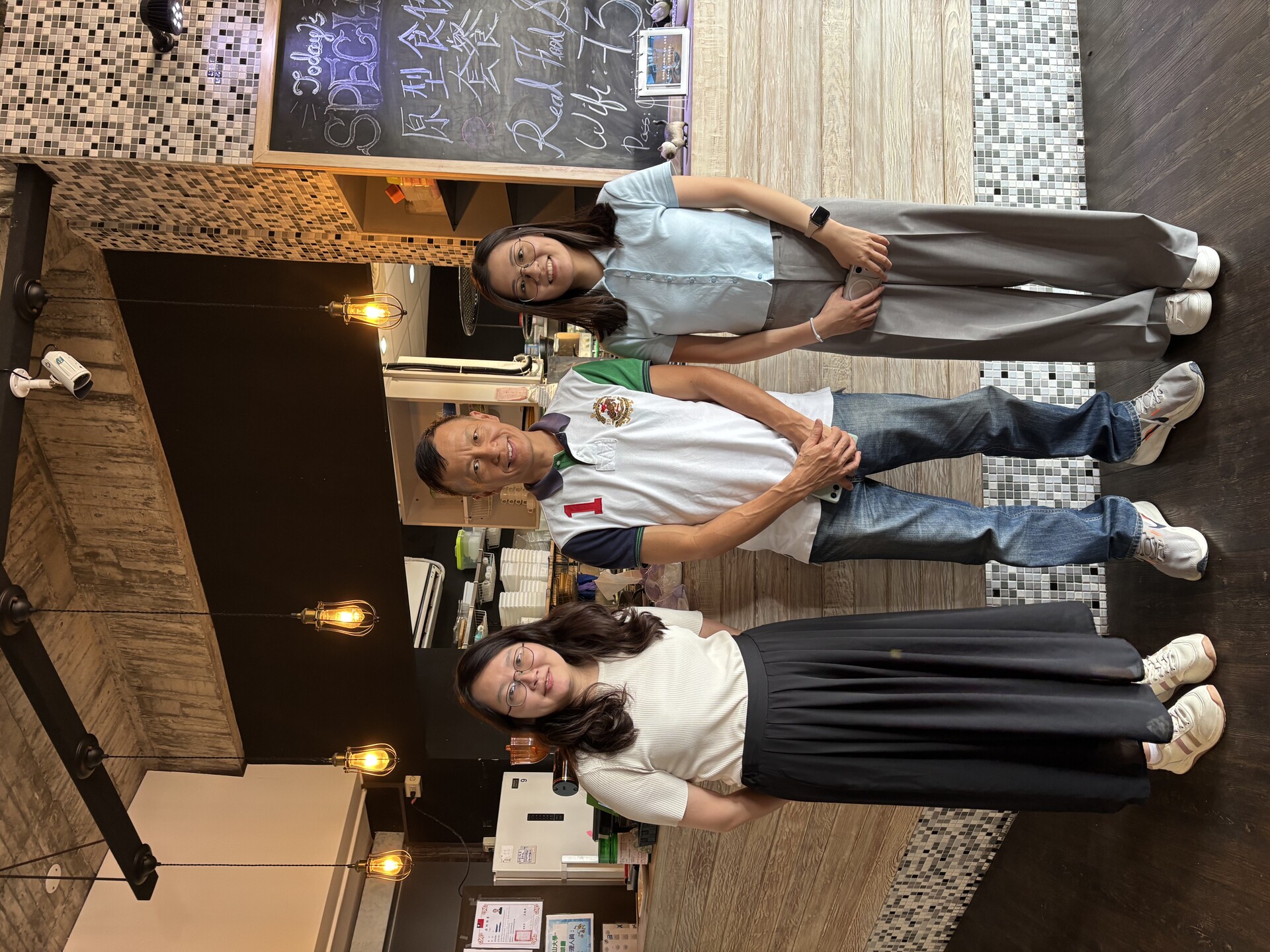
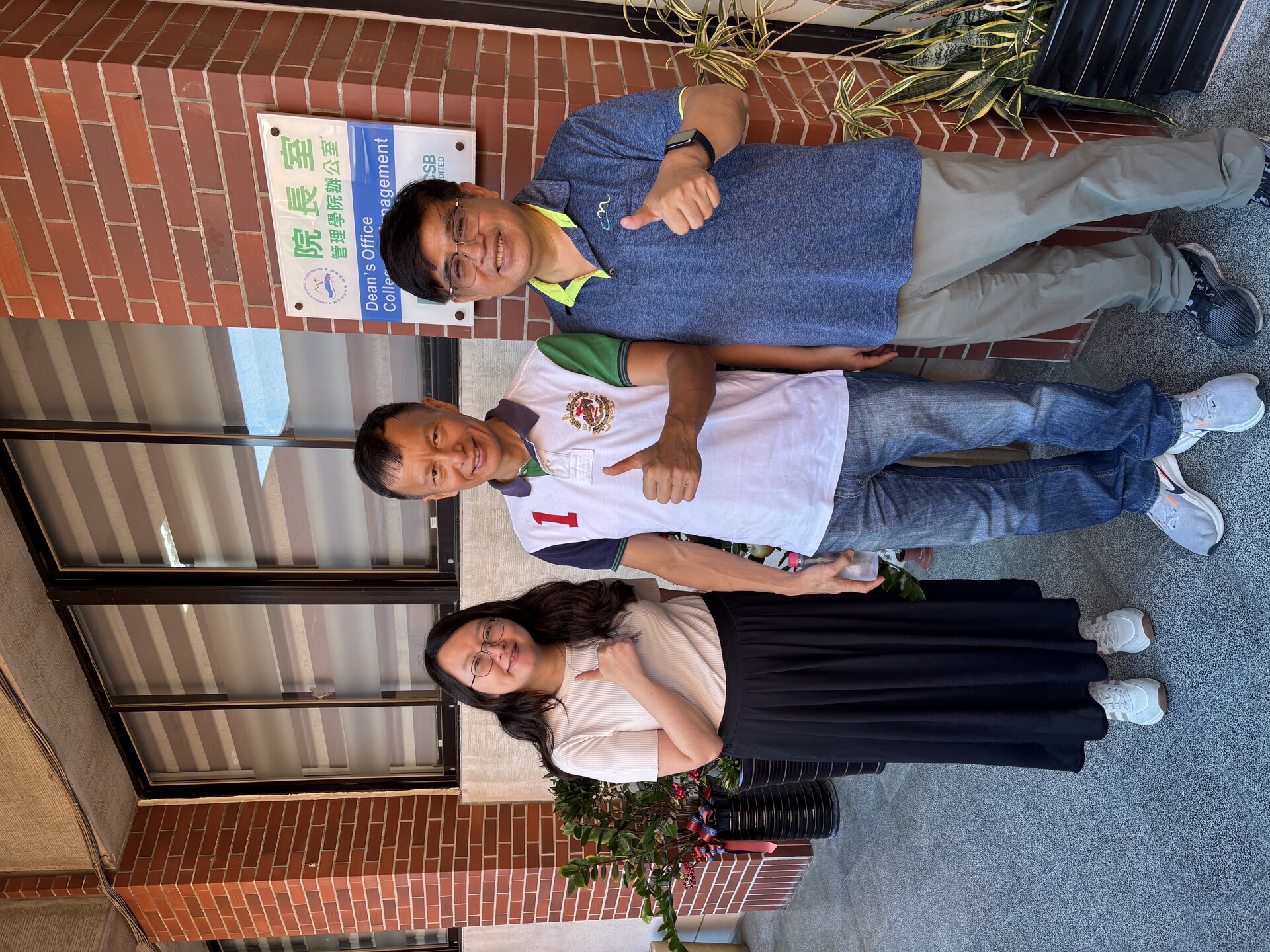
[Career] Exploring ASEAN’s Emerging Entrepreneurship Landscape: Reading University Malaysia Campus Professor Shares Insights on Innovation and Global Trade Wars
With the rapid advancement of artificial intelligence (AI) and the ongoing global trade tensions, the ASEAN region is experiencing significant shifts in its business landscape.
To explore how emerging technologies are shaping entrepreneurship and innovation, the Office of Career Development at the College of Management, National Sun Yat-sen University (NSYSU), hosted an English lecture titled “Malaysia’s Innovation and Entrepreneurship Market: Implications for ASEAN and Taiwan’s Economies” on October 15, 2025. The event attracted over a hundred enthusiastic students from various departments, who actively engaged in discussions and Q&A sessions.
The session opened with welcoming remarks from Director Prof. Shih Sian Jhang, followed by an interactive Kahoot quiz introducing Malaysian culture. The guest speaker, Dr. Teck Yong Eng, professor of Reading University Malaysia campus, delivered a thought-provoking lecture on how AI and global geopolitics are reshaping entrepreneurship.
Dr. Eng began by discussing the cognitive implications of AI adoption. While AI technologies such as ChatGPT provide immense convenience, they also lead to “cognitive offloading”—a reduction in human critical thinking and sustained attention. Citing recent research, he noted that the global IQ growth rate has slowed, reminding students that while AI can “think” for humans, the ability to reflect critically remains irreplaceable.
He further emphasized that data serves as the foundation of both AI capabilities and entrepreneurial innovation. Organizations must learn to transform data into actionable strategies and knowledge to sustain innovation. Drawing from his research on AI in professional settings, Dr. Eng presented examples of AI-assisted cancer diagnostics, where AI can detect lung and breast cancer with accuracy comparable to radiologists. However, due to the opacity of AI decision-making, professionals must still interrogate AI outputs to ensure reliability—highlighting that human expertise and judgment remain essential in the age of automation.
In the latter part of the talk, Dr. Eng shifted to the macroeconomic perspective, analyzing how global trade wars and the U.S. “Make America Great Again (MAGA)” policy have restructured global supply chains and impacted foreign direct investment (FDI). He noted that geopolitical uncertainty has pushed multinational firms to diversify beyond China, benefiting emerging ASEAN economies such as Malaysia, Thailand, and Vietnam. Among them, Malaysia has strategically positioned itself as a key node in China-linked supply chains and an attractive destination for digital investment.
Dr. Eng also introduced the concepts of digital entrepreneurship and open innovation as crucial strategies for navigating global uncertainty. Using GitHub as an example of open collaboration and the transformation of PalmPilot to PayPal, he illustrated how adaptability and creativity are key to entrepreneurial success. Malaysia, he noted, has been cultivating these capabilities through education, software development, and the establishment of special economic zones and free-trade ports to attract global investors.
During the interactive discussion, students inquired about Malaysia’s advantages compared to other ASEAN nations. Dr. Eng highlighted Malaysia’s multilingual talent pool (English, Mandarin, and Malay), stable and open political environment, lower labor and living costs, and strategic geographic location, all of which position the nation as a rising innovation hub in the region.
The lecture concluded with an inspiring message encouraging students to continuously strengthen their professional knowledge, critical thinking, and global perspective, preparing themselves to become innovative leaders capable of navigating technological and geopolitical transformations in the future.
The session was also livestreamed, with online guests from the “Women Women Enterprise Program” and the “Academy for Women Entrepreneurs (AWE)” joining virtually—demonstrating NSYSU’s ongoing commitment to diverse talent cultivation and academia-industry collaboration. The event was generously sponsored by the Sun Yat-sen Management Education Foundation.
Article written by TSAI-WEI LIN, Department of Business Management, and edited by the College of Management Media Office.


